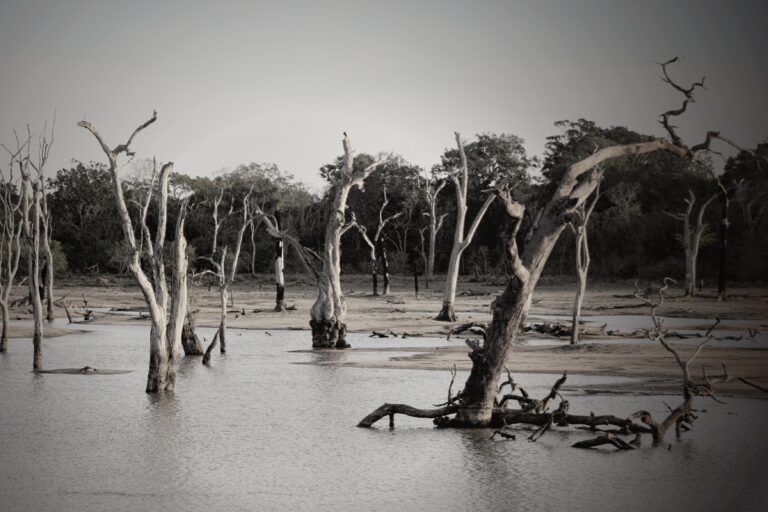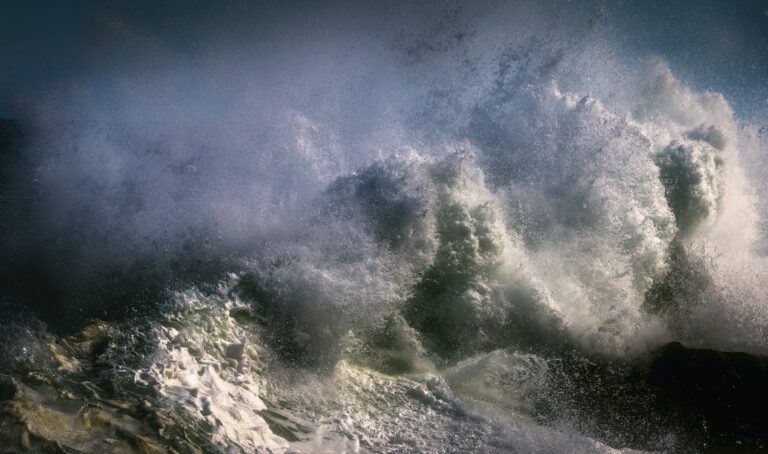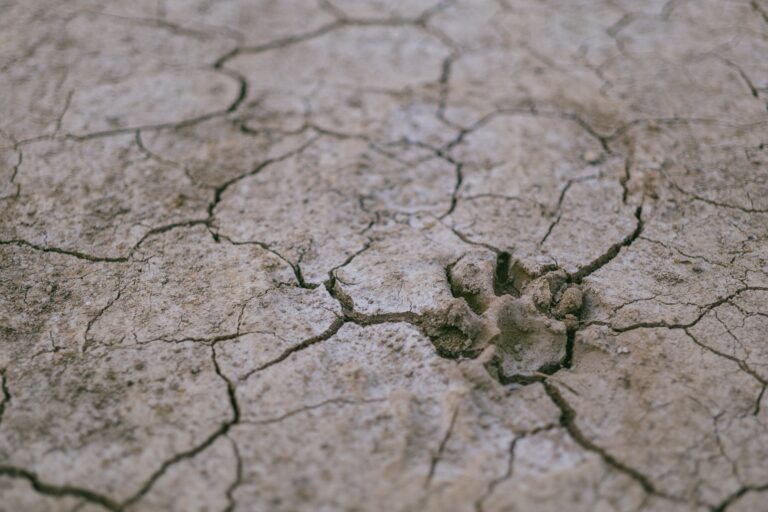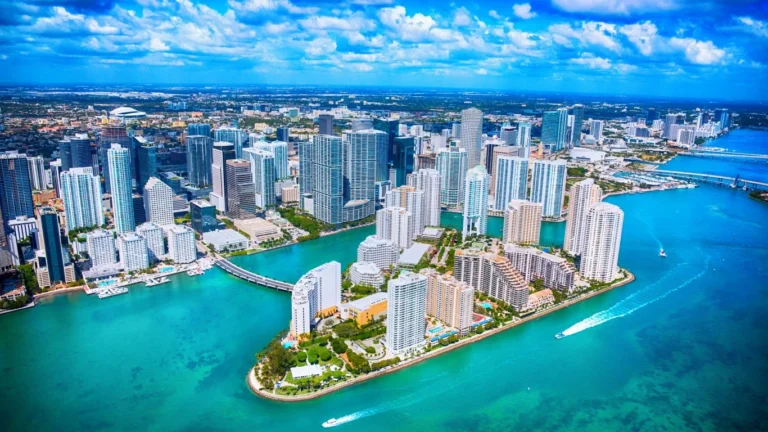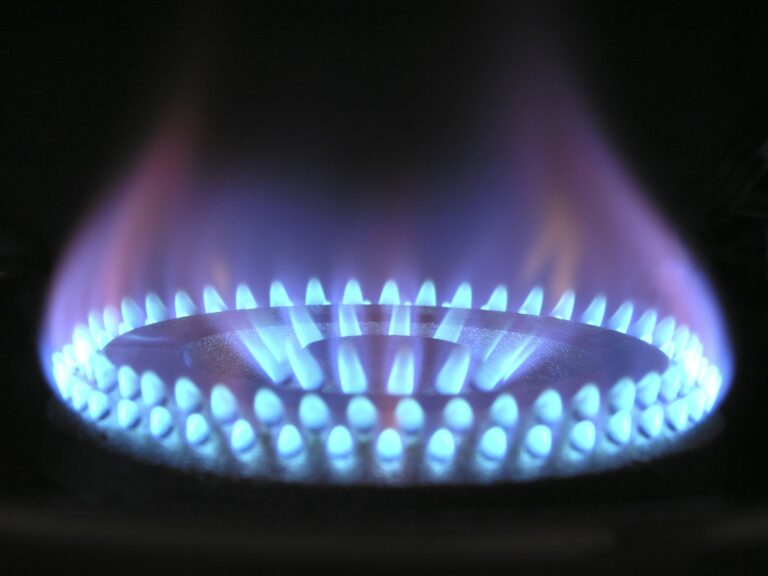Climate Change’s Threat To Baseball
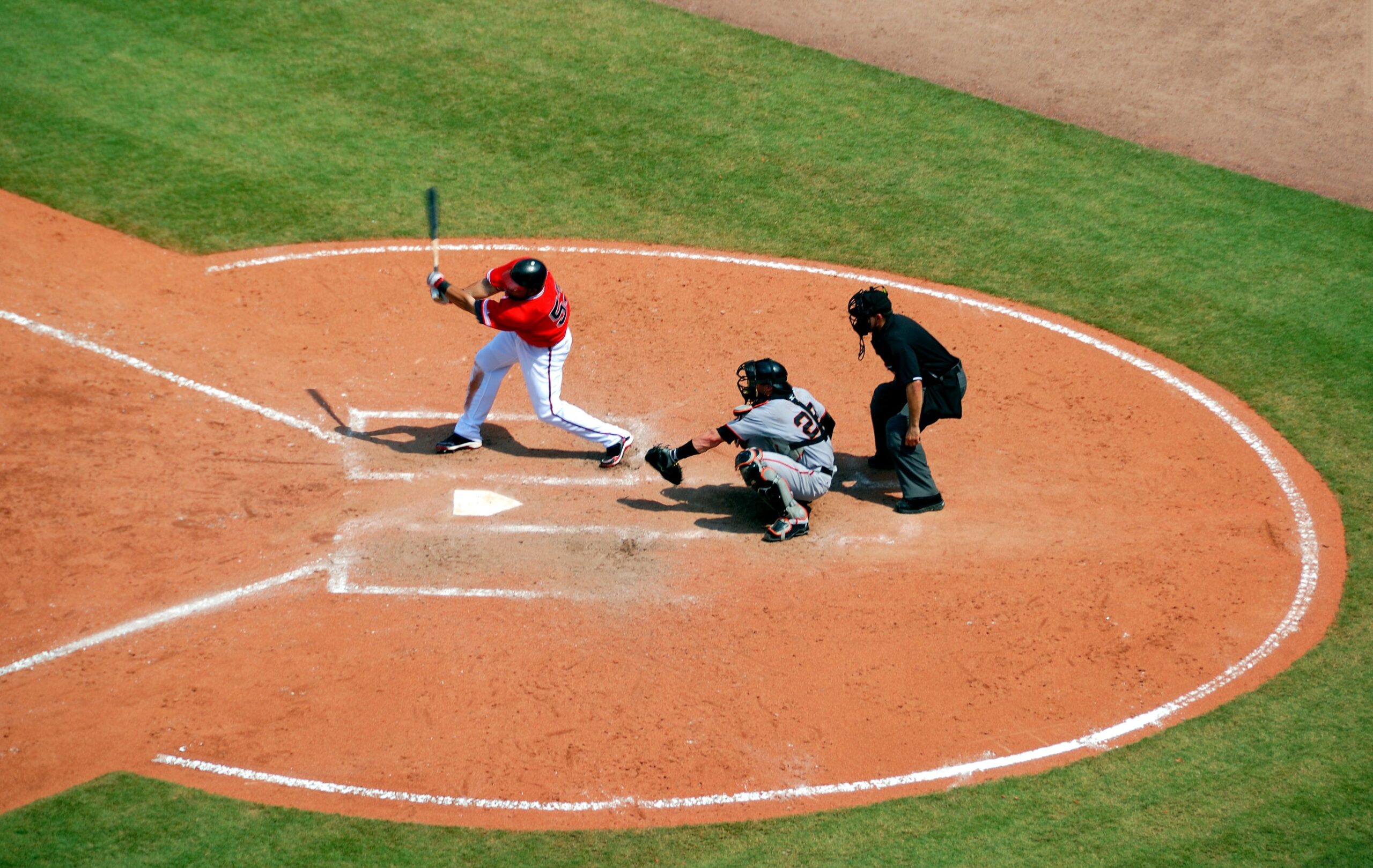
The season opener for MLB is in April, and in most parts of the country, temperatures will not rise until July. It is predicted that over the next few years, baseball games may not only be interrupted by rain. Thick smoke from Canadian or Western state wildfires and rising temperatures to 120 degrees F, at least in Phoenix, will make climate change a part of how games are scheduled and when they may be canceled.
Debate: Doesn’t the sun cause climate change?
In 2020, wildfires increased the air quality index in Seattle during a Mariners game to 240. That level is dangerous for both players and spectators. The figure in Seattle is usually below 50, which is “good” based on the index. As these incidents increase, MLB executives will need to create rules for heat index and air quality. Guidelines have been in place for decades that determine when storms and rain will postpone games.
Last year in Phoenix, as temperatures rose to 120 degrees F, MLB had to consider whether games should be postponed. (The Diamondback’s stadium, Chase Field, has a dome to protect those inside, but people face health threats on the way into the stadium.). MLB and state governments began to evaluate the issue of extreme temperature impact before 2023. The LA Times reported that this process began in May 2020 when heat indexes became dangerously high on some game days.
Taylor Swift
This “high risk” stadium problem was raised anew when an attendee at a Taylor Swift concert, Ana Clara Benevides Machado, died at a stadium in Rio de Janeiro, Brazil. The temperature at the time was about 138 degrees F. Swift canceled the next concert on the following day. Add concerts to the list, which includes baseball.
The financial effects of the climate change heat stadium problem are obvious. Fans buy tickets. The events get canceled. Who pays for ticket refunds? Vendors at the venues lose revenue they may not be able to recoup. The effect even spills over to the profits of parking lots.
While canceled baseball games are a small problem compared with massive wildfires and hurricanes, it shows how substantial the ripple effects of climate change are.
Sponsor
Find a Vetted Financial Advisor
- Finding a fiduciary financial advisor doesn't have to be hard. SmartAsset's free tool matches you with up to 3 financial advisors that serve your area in 5 minutes.
- Each advisor has been vetted by SmartAsset and is held to a fiduciary standard to act in your best interests. Get on the path toward achieving your financial goals!

